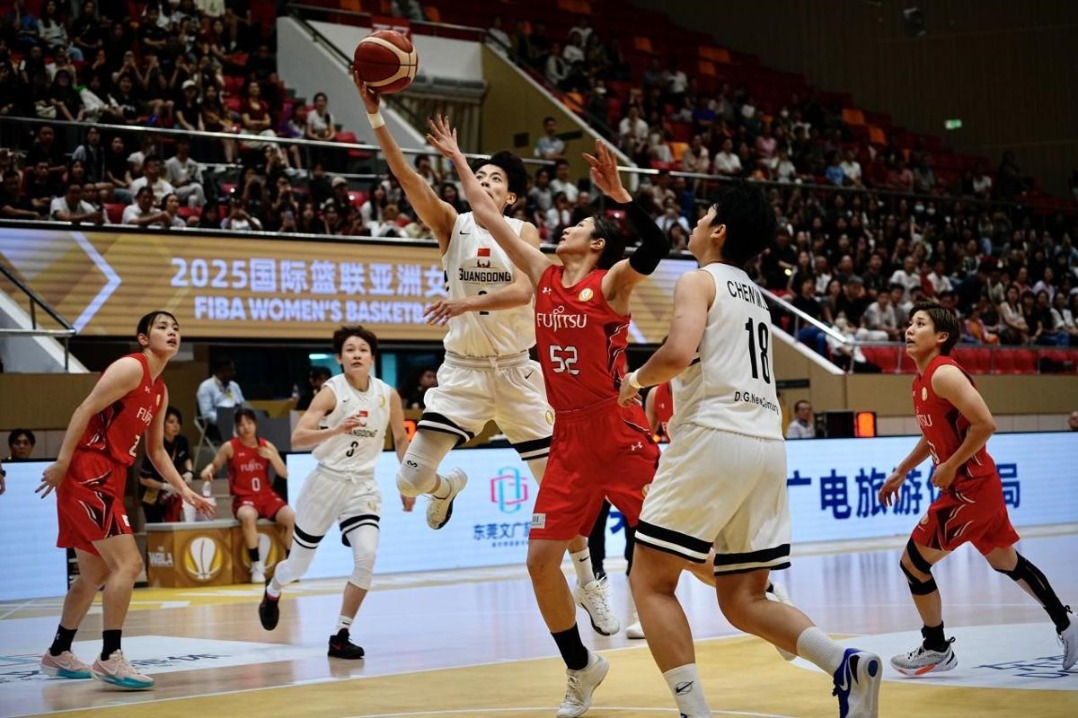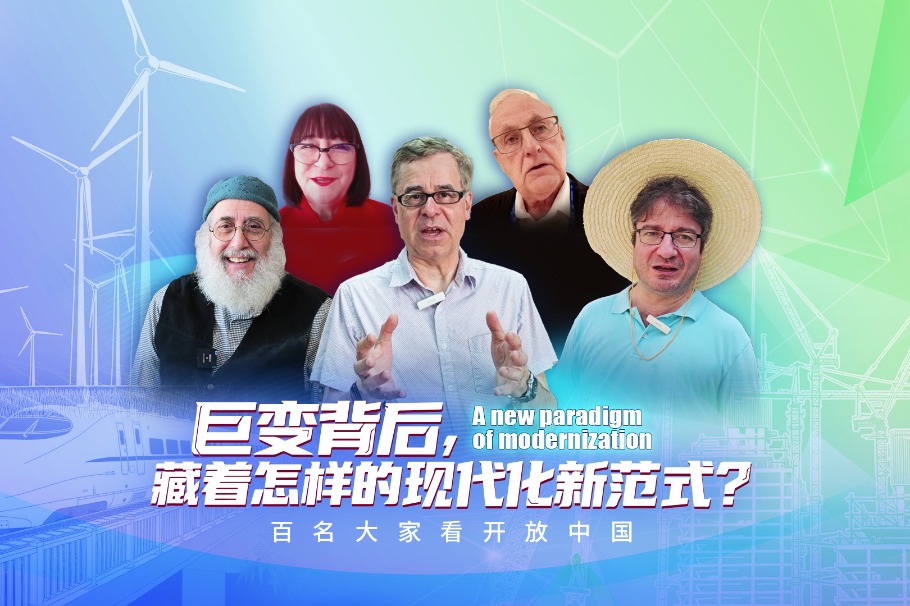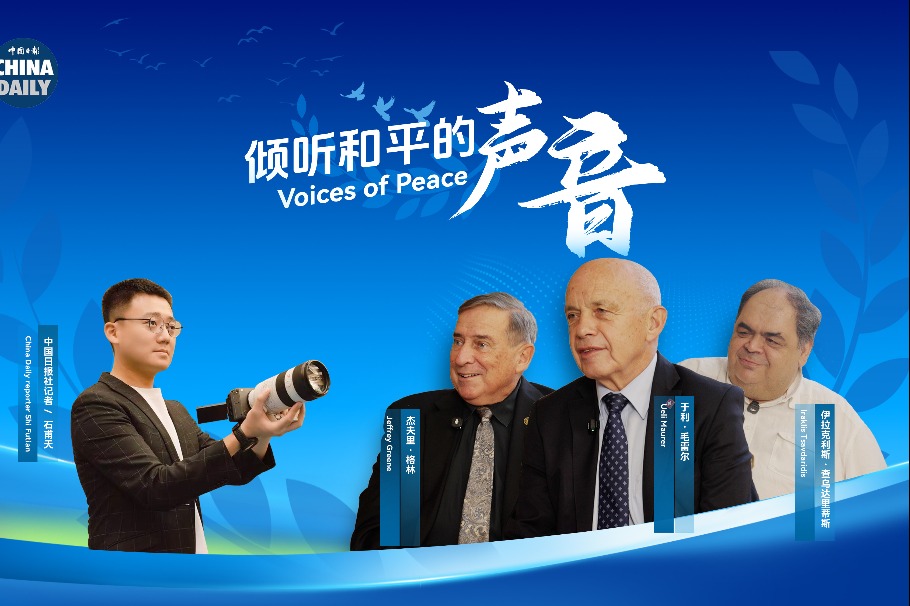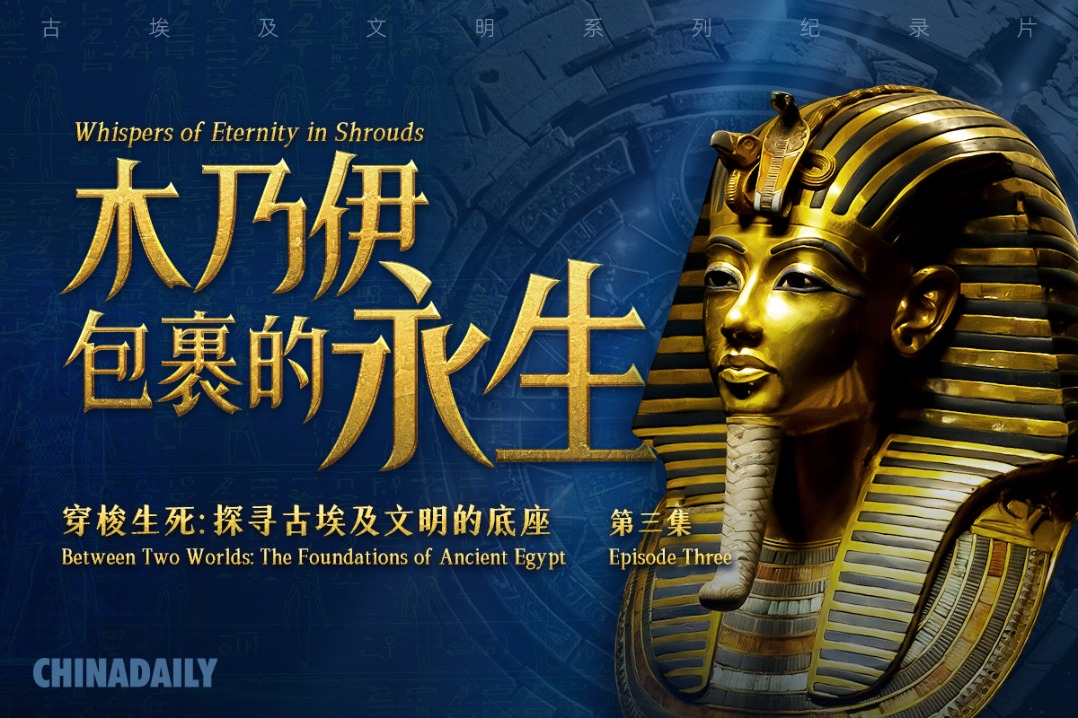US smearing of Hong Kong's business climate nothing but politically motivated bad-mouthing: China Daily editorial

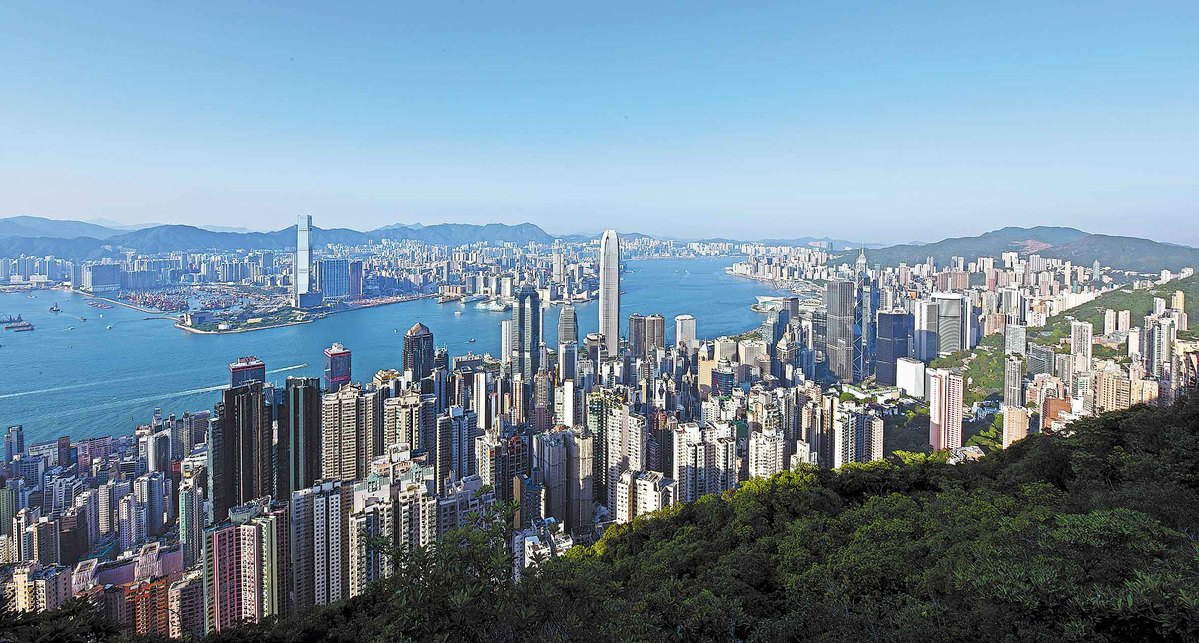
Despite Hong Kong affairs being purely China's internal affairs, the United States has never ceased trying to interfere in them. It has persistently vilified the Chinese central government's policy toward the special administrative region, provided support to those who seek to destabilize Hong Kong, and made unfounded charges against Hong Kong in an attempt to undermine the SAR's stability and prosperity. Such words and deeds of the US run counter to the basic norms governing international relations.
In yet another attempt to discredit and smear Hong Kong, the US State Department, in its 2025 Investment Climate Statements published on Friday, has again made biased assertions regarding the SAR.
By resorting to lies and unfounded accusations, the US report targets the Hong Kong National Security Law and the Safeguarding National Security Ordinance, enacted under Article 23 of Hong Kong's Basic Law. It falsely claimed they have "heightened uncertainty" for foreign and local businesses operating in Hong Kong. Its conclusion that rule-of-law "risks" have become "a potential concern" in Hong Kong flies in the face of the facts. The report is purely aimed at bad-mouthing the practice of the "one country, two systems" policy in the SAR.
The report has rightly drawn sharp criticism from the Commissioner's Office of the Chinese Foreign Ministry in the Hong Kong SAR as well as the SAR government.
The US interference does not end there. The US consul general in Hong Kong and Macao, Julie Eadeh, triggered strong disapproval in Hong Kong by inviting some major figures who played ugly roles in the 2019 unrest in the SAR to her recent inaugural reception. The move has attracted a barrage of criticism, as people are questioning her motivation and intention.
That the US, a major source of disruptions of international trade nowadays, is making irresponsible judgments on the investment climate in other economies is ironic. As a spokesperson for the commissioner's office pointed out, given the US has frequently wielded the stick of tariffs and sanctions and erected systemic barriers to international investment and trade, it is in no position to make such baseless remarks about Hong Kong's business environment.
The implementation of the legal measures to ensure national security in Hong Kong has helped restore a safe and stable environment in the SAR. The move not only safeguards the legal rights and interests of the public, but also makes the SAR a more attractive and secure destination for capital and investment.
Rather than a picture of doom and gloom that the US report has tried to paint for Hong Kong, the SAR's business environment remains appealing to enterprises and investors from around the world.
The SAR has been recognized once again as the world's freest economy, according to the Economic Freedom of the World: 2025 Annual Report released by the Fraser Institute. It is also one of the top three global financial centers, ranking third for global competitiveness, according to the Global Financial Centres Index report.
Furthermore, the World Investment Report 2025 published by the United Nations Conference on Trade and Development indicates Hong Kong attracted $126 billion in foreign direct investment last year, which ranked third globally.
The American Chamber of Commerce in Hong Kong's annual member survey published earlier this year showed that 83 percent of US businesses based in Hong Kong were confident in the SAR's rule of law, representing an increase of 10 percentage points compared to 2023.
That the US' trade surplus with Hong Kong has exceeded $270 billion over the past decade, the highest among US trade partners, also proves that the drummed-up scaremongering about Hong Kong's business environment is nothing but a lie.
It is a daydream for some in the US to hope that they will be able to compromise the prosperity and stability of the SAR by bad-mouthing it.
















